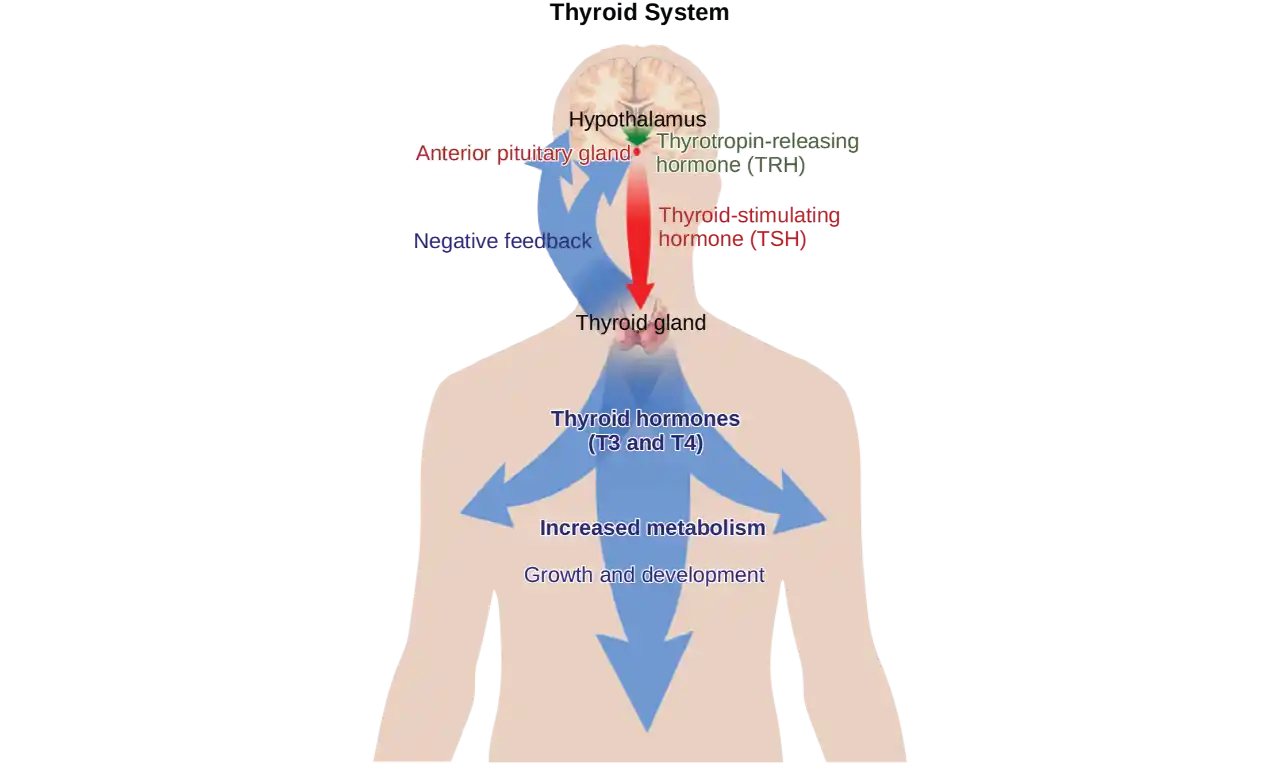
Unexplained Weight Gain or Loss
One of the most commonly notice thyroid problems is unexplained weight gain or loss. Thyroid deficiency can cause unilateral weight gain, while an overproduction of thyroid hormones can lead to excessive weight loss. If you experience rapid or extreme fluctuations in your body weight, it could be a sign that you’ve got an issue with your thyroid.
Fatigue and Muscle Weakness
Another common sign of thyroid issues is fatigue and muscle weakness. Low levels of thyroid hormones can slow down your metabolic rate, leading to a lower energy supply throughout the body and less physical strength. This can cause an individual to feel constantly tired or exhausted, even after getting plenty of rest or sleep. You may also experience muscle aches, cramps, and swelling in certain areas.
Feeling Cold Most of the Time
Thyroid hormones help regulate the metabolism, and when they decrease, your body temperature will also drop. This means you may start to feel cold all the time, even in areas that are typically warmer. It’s also a common symptom of hypothyroidism, which is an underactive thyroid resulting in a slow metabolism. If you find that you’re constantly wearing layers even in warm climates or environments and can’t seem to get enough heat regardless of how many blankets are on your bed, it could be a sign of an issue with your thyroid.
Constipation, Dry Skin, and Hair Loss
Along with feeling cold all the time, a few common signs and symptoms of a thyroid problem include infrequent bowel movements, brittle hair and nails, dry skin and hair loss. When you’re constantly constipated, it’s hard to process and absorb nutrients efficiently, which can cause the brittle hair and nails. Unfortunately, if the issue is due to hypothyroidism it can lead to more noticeable hair loss in a certain areas of your head. Dry skin is also another common symptom as hormones like cortisol help regulate moisture in your system.
Elevated Cholesterol Levels.
An increase in cholesterol is a common symptom of thyroid disorders, excluding hyperthyroidism(overactive thyroid). If you have an underactive (hypothyroidism) or an overactive thyroid gland, it’s possible that your levels of bad cholesterol, known as LDL(low-density lipoprotein), and/or HDL (high-density lipoprotein) will be very high. High cholesterol can cause physical and mental stress since it increases the risk of other related health complications.
